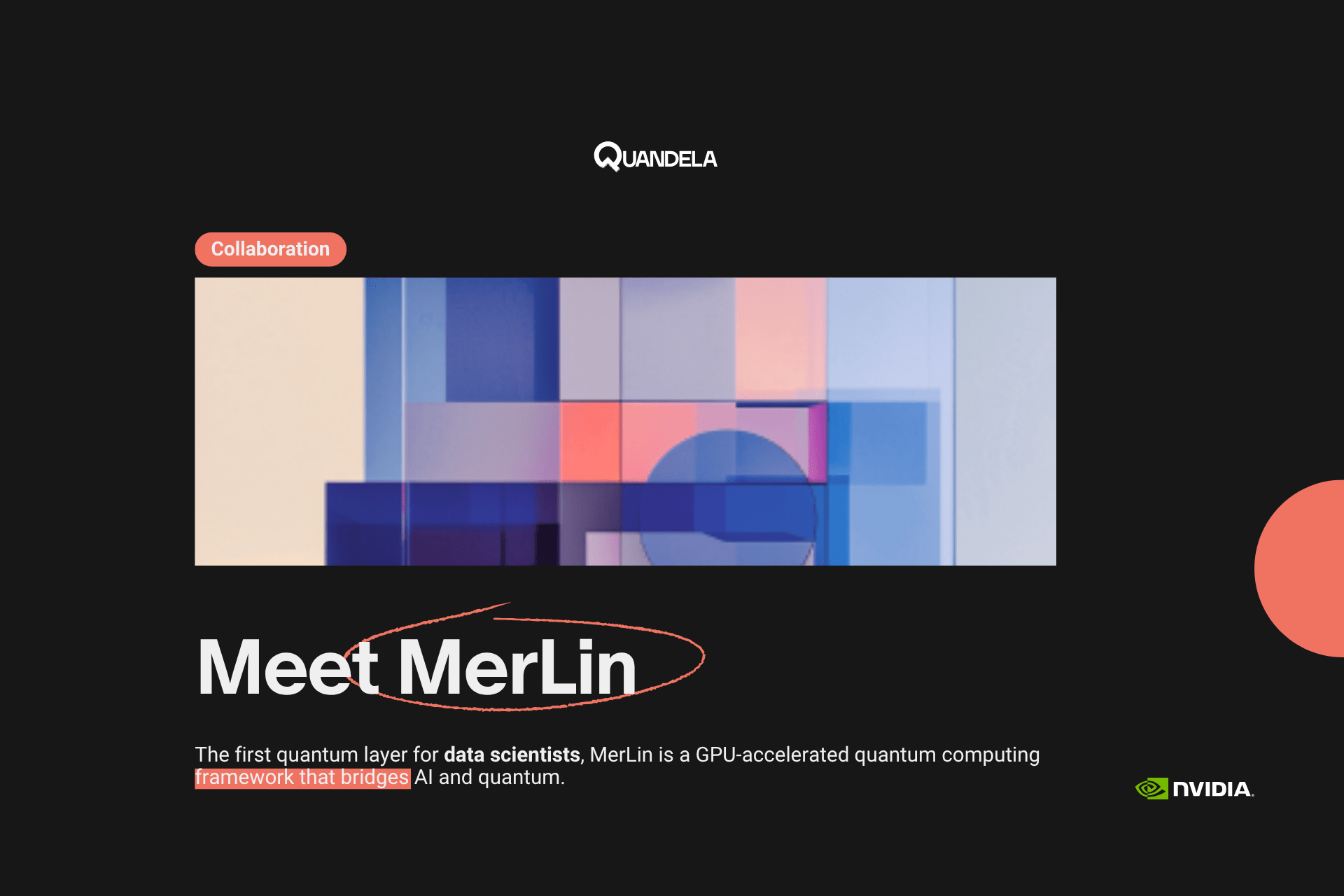Paris, 15 November 2022 – Quandela launches the first European online service giving access to its quantum computers assembled and hosted in its Massy premises. Scientists, industry players, and companies can thus access several photonic processors for calculations of up to 5 photonic qubits. Quandela is aiming for 12 qubits available online by the end of 2023, each additional photonic qubit doubling the computing power of the quantum computer.
As planned by Quandela a year ago, a new milestone has been reached in the medium-term development of a full-stack, fault tolerant photonic quantum computer. Users can now, using Quandela’s Perceval software suite, develop and run algorithms on a real photonic quantum processor (QPU) in addition to the simulators already available, allowing to validate the first algorithms on a real architecture.
« By making the first photonic quantum computer available to all users, Quandela has reached a real milestone in the development of fault tolerant photonic quantum computers. This is a further proof of the viability of our technology, which will continue to grow in the coming months. This new step consolidates the trust that industrial companies such as EDF and ONERA have shown in us through the partnerships established in recent weeks » says Valérian Giesz, cofounder and CEO of Quandela.
This new online quantum computing service was used for the first time by researchers and students from all over Europe participating in a quantum hackathon organized by Quandela at the Sorbonne in early November. More than sixty participants were able to propose solutions to concrete use cases, proposed by industrial partners such as Thales, and ran them on photonic processors.
This first European offer joins those already proposed by some suppliers, notably American and Canadian, such as IBM, of “Quantum as a Service” allowing industrial players to discover and develop applications specific to their industry.
About Quandela
Quandela, entreprise leader dans le domaine du calcul quantique, propose des solutions de niveau industriel. Quandela conçoit, construit et fournit des systèmes quantiques prêts à l’emploi pour les datacenters, des processeurs quantiques accessibles via le cloud, et des services d’accès aux algorithmes.
Fondée en 2017 par la professeure Pascale Senellart, directrice de recherche au Centre de nanosciences et nanotechnologies (C2N) du CNRS, Niccolo Somaschi et Valérian Giesz, experts de renommée internationale en physique quantique, Quandela emploie plus de 100 collaborateurs de 20 nationalités différentes, en majorité des chercheurs et des ingénieurs en optique, algorithmes et sciences de l’information.
Quandela s’engage à rendre l’informatique quantique accessible à tous pour relever les défis industriels et sociétaux les plus complexes.
Pour en savoir plus : www.quandela.com
GB
Quandela, a leader in quantum computing, specializes in industry-grade quantum computing solutions. Quandela designs, builds, and supplies datacenter-ready quantum computing systems, cloud-accessible quantum processors, and algorithm with industrial value.
Founded in 2017 by Professor Pascale Senellart, Research Director at the Centre for Nanosciences and Nanotechnologies (C2N) at CNRS, Niccolo Somaschi and Valerian Giesz, internationally renowned experts in quantum physics, Quandela currently has over 100 employees from 20 different nationalities, mostly researchers and engineers in optical, algorithm and data science.
Quandela is committed to making advanced quantum computing accessible and beneficial for all, empowering innovators to solve the most complex industrial and societal challenges.




